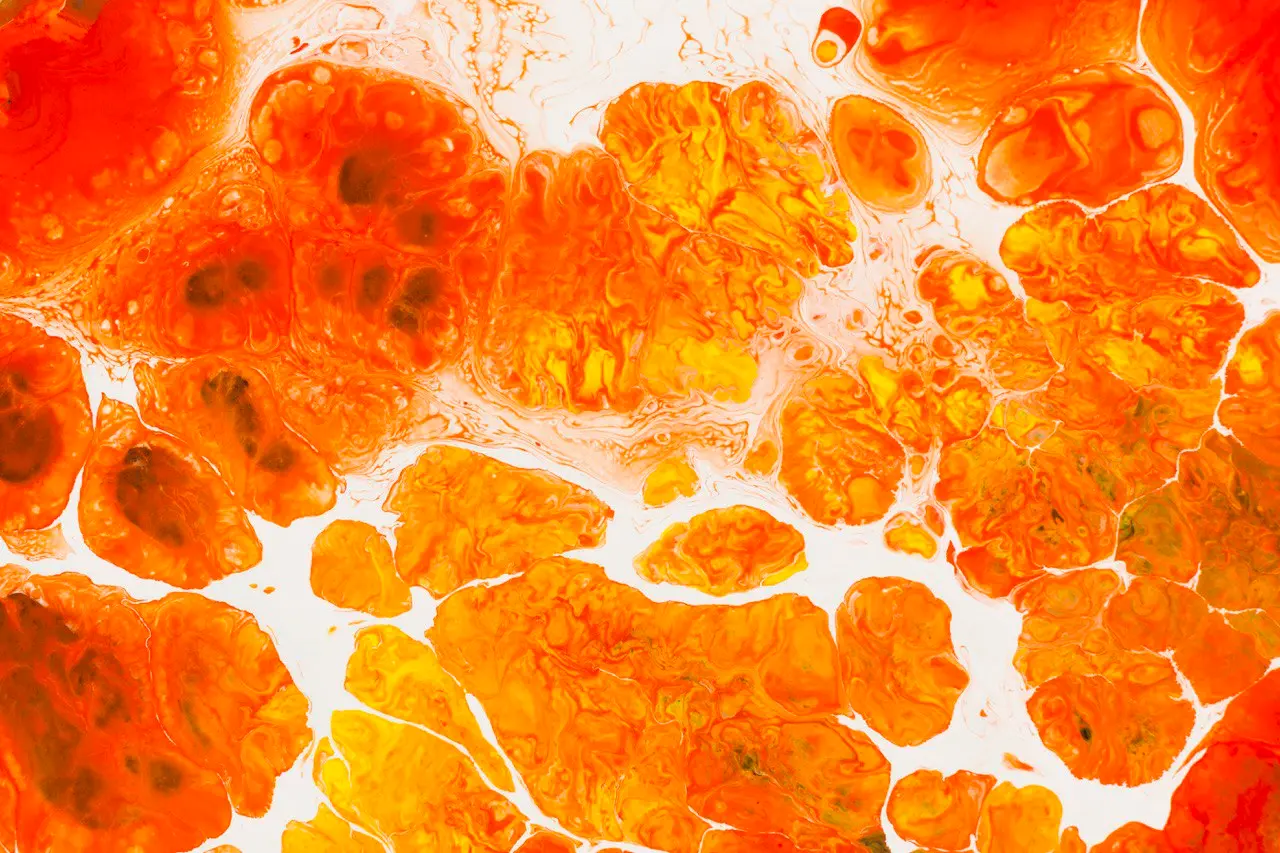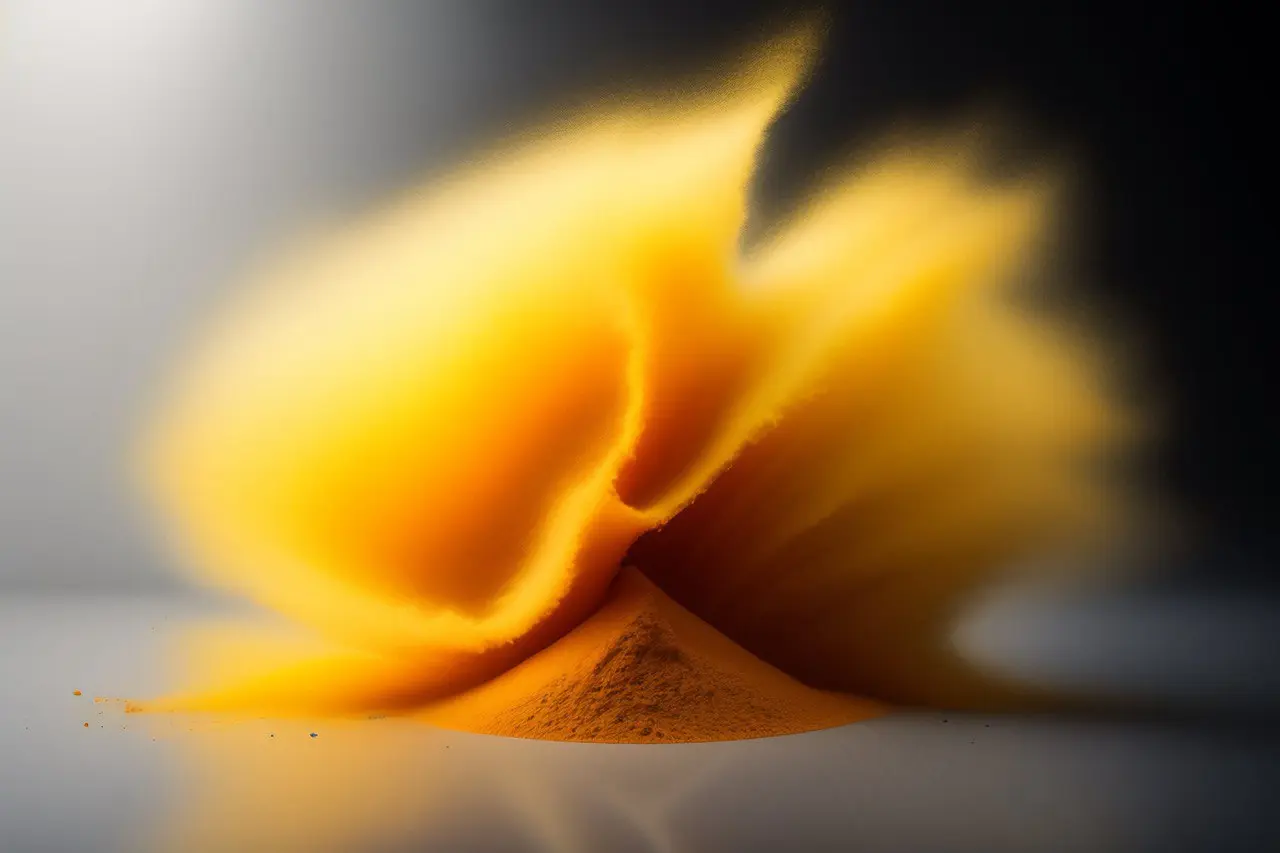Lutein: A Powerful Natural Colorant and Antioxidant

Lutein, a naturally occurring carotenoid, absorbs blue light, making it appear yellow at low concentrations and orange-red at higher concentrations. This compound plays a significant role in both visual and skin health due to its ability to filter harmful high-energy wavelengths. It is also a powerful antioxidant that neutralizes free radicals, protecting cells from damage. Lutein occurs as a free-flowing, orange-red powder, and it is the purified fraction obtained from the saponification of the oleoresin of Tagetes erecta L. Commonly known as marigold, this plant is an excellent source of lutein.

The lutein found in marigold (Tagetes erecta L.) is extracted and purified, producing a high-quality xanthophyll, a type of carotenoid that plays a crucial role in human health. The extraction process involves using hexane to extract the oleoresin from marigold flowers, which is then saponified with potassium hydroxide in either methanol or propylene glycol. This saponification process separates lutein and other carotenoids from fats and waxes, resulting in a crystalline material that contains lutein along with minor components like zeaxanthin and other xanthophylls.
Purified Lutein from Tagetes Erecta
The purified lutein from Tagetes erecta is highly regarded for its potent antioxidant and light-filtering properties. The extracted oleoresin typically appears as a dark yellow to brown liquid, with its major coloring principles being lutein and helenien, which is the dipalmitate ester of lutein. This natural extract is ideal for industries seeking natural and safe colorants, replacing synthetic dyes with plant-based alternatives. Moreover, lutein esters, a more stable form, are also extracted from the dried petals of marigold through solvent extraction, further purified, and the remaining solvents are removed under vacuum, leaving a concentrated lutein product.

Extraction Process and Key Compounds
- Hexane extraction of dried petals of Tagetes erecta L., yielding a rich oleoresin extract
- Removal of solvents under vacuum to purify the extract
- Saponification process to release lutein and minor carotenoids
- Crystallization of lutein, producing an orange-red free-flowing powder
- Refining and concentration of lutein esters for optimal product stability
Applications of Lutein in Various Industries
Lutein’s unique properties make it a versatile ingredient in various industries. In the food industry, lutein is used as a natural colorant in products like baked goods, dairy, and beverages. Its bright yellow to orange-red hue enhances the visual appeal of foods, providing an attractive alternative to artificial colorants. Additionally, its antioxidant properties contribute to the product's shelf life by reducing oxidation.
In the dietary supplements market, lutein is widely recognized for its health benefits, particularly for eye health. Its ability to filter harmful blue light helps protect the retina, reducing the risk of age-related macular degeneration (AMD) and cataracts. Lutein supplements are also promoted for their skin health benefits, helping to reduce damage caused by UV light and improving skin hydration.

In the cosmetics industry, lutein is utilized for its skin-protecting abilities. Its antioxidant nature helps reduce signs of aging and environmental damage by neutralizing free radicals. Moreover, its ability to absorb light makes it an essential ingredient in sun care products, providing protection from harmful UV rays.
Health Benefits of Lutein
Lutein is an essential nutrient for maintaining healthy vision. It accumulates in the macula, a part of the retina responsible for central vision. By filtering out blue light, lutein helps protect the eyes from light-induced damage, reducing the risk of AMD and improving visual performance. In addition, lutein’s antioxidant properties protect against oxidative stress, which is linked to chronic eye diseases. Regular consumption of lutein-rich foods or supplements can enhance macular pigment density, support visual acuity, and lower the risk of developing eye disorders.
Beyond eye health, lutein plays a role in promoting skin health. Its ability to absorb UV light helps protect skin cells from damage, preventing premature aging and maintaining skin elasticity. Studies have shown that lutein can improve skin hydration and reduce the appearance of fine lines and wrinkles. The compound’s anti-inflammatory properties also contribute to overall skin wellness, making it a sought-after ingredient in both supplements and topical skincare products.
Lutein's Future in the Market
As consumers increasingly shift toward natural and plant-based ingredients, the demand for lutein continues to grow. Its versatility in food, dietary supplements, and cosmetics makes it a valuable ingredient in the global market. With ongoing research highlighting its health benefits, particularly for vision and skin, lutein is expected to maintain its strong presence across industries. Additionally, its sustainable sourcing from marigold flowers aligns with the growing consumer preference for eco-friendly and natural products.
Color Shade:

Color Information:
E Number: E161bAvailability: Liquid and powder
Type: Oil soluble and water soluble
Contact Us
info@actaingredient.nl
sales@actaingredient.nl
+31 6 47503463
Statensingel 2, 6217 KD, Maastricht, The Netherlands